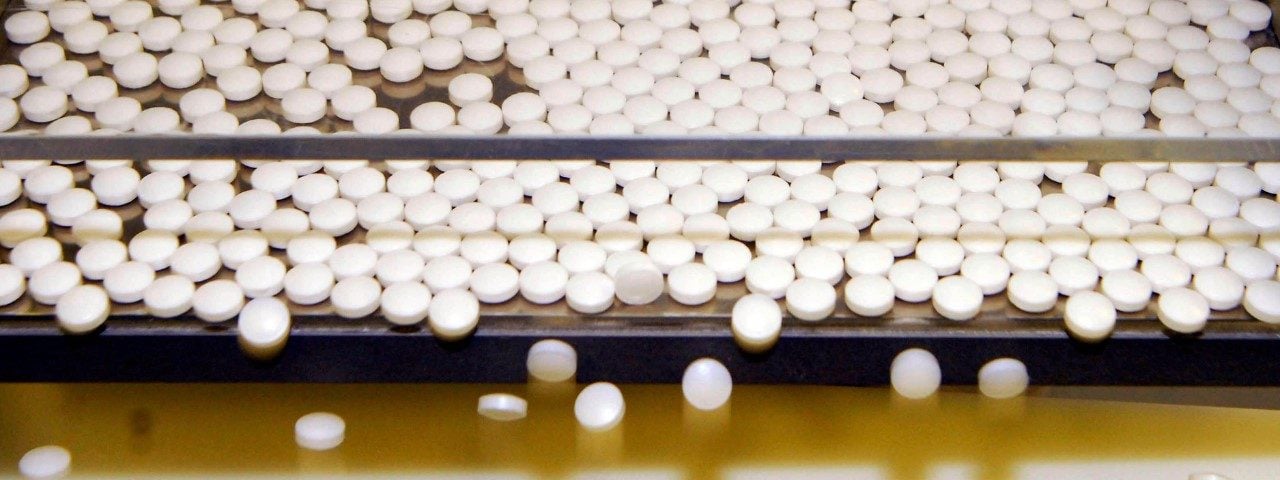This site is operated by a business or businesses owned by Informa PLC and all copyright resides with them. Informa PLC's registered office is 5 Howick Place, London SW1P 1WG. Registered in England and Wales. Number 8860726.
CPhI is part of the Informa Markets Division of Informa PLC
Flow chemistry for sustainable pharmaceutical manufacturing
Sustainable Manufacturing
As one of the more prominent industries producing greenhouse gas emissions, the pharmaceutical industry has had to reckon with the impact of their operations across all sectors, including active pharmaceutical ingredient (API) manufacturing. While the API manufacturing sector is already seeing innovation in more sustainable ways of working, there is still room for improvement.
Continuous flow chemistry is one such transformational technology that has caught the attention of pharmaceutical manufacturers. As a technology already in use in laboratories and larger-scale manufacturing in certain chemical industries, flow chemistry has the potential to enhance API manufacturing operations while bringing many Green Chemistry principles to pharmaceuticals.
Though the technology has yet to prove its viability in commercial-level production plants, especially given the stringent manufacturing regulations demanded of pharma, experts across the pharmaceutical value chain are confident in the innovative and sustainable future provided by flow chemistry technologies.
In partnership with Asymchem, and with expert insight from those at Amgen, the University of Liverpool, CONTINUUS Pharmaceuticals, and Fraunhofer IMM, this Trend Report takes a deeper look into the sustainable transformations offered by continuous flow chemistry technology, and the power it boasts when optimised for the specific manufacturing need.








